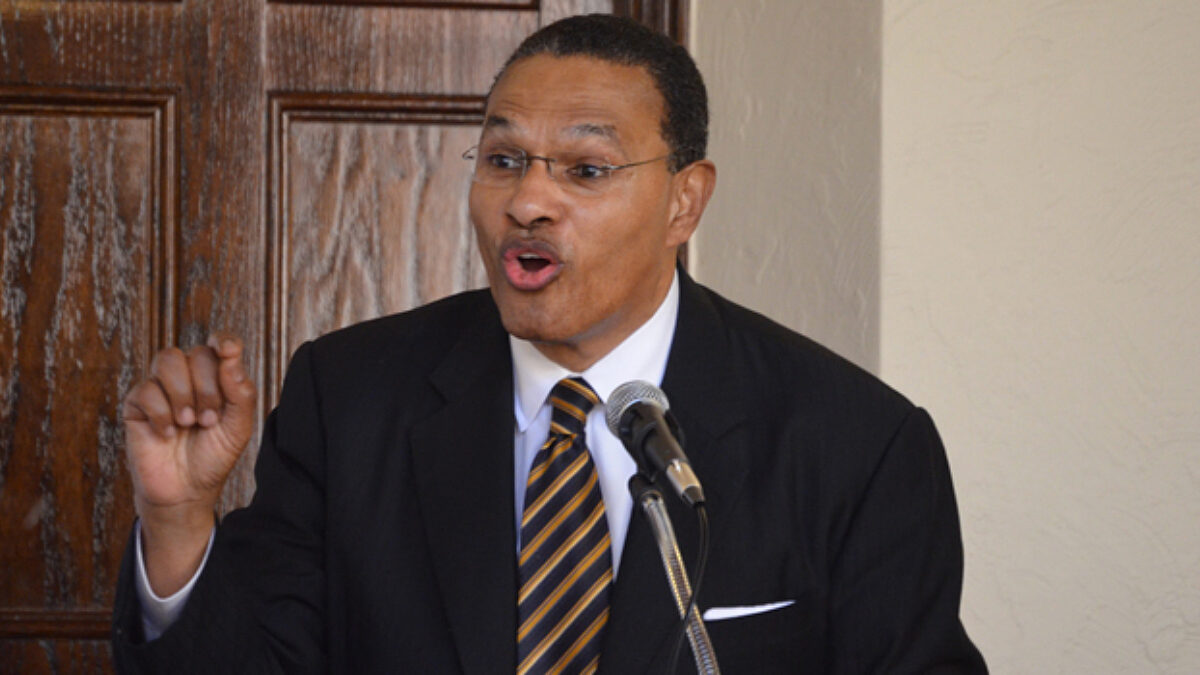
Bishops discuss how church can bolster public education
By Allison Trussell
COLUMBIA—There are two groups of people in society, Dr. Freeman Hrabowksi told the 2016 Bishops’ Dialogue on Public Education: “Those who see their dreams become reality and those whose dreams are deferred and never realized.”
The difference between the two groups is education and grit.
“It’s about one’s willingness to do everything one can to succeed,” Hrabowksi said. “Perseverance is the key!”
Hrabowski, president of University of Maryland, Baltimore County and author of “Holding Fast to Dreams: Empowering Youth from the Civil Rights Crusade to STEM,” was invited by the Fellowship of South Carolina Bishops (formerly known as LARCUM) to speak on public education during its dialogue held Oct. 12 at Trinity Episcopal Cathedral.
Recalling lessons from his parents, specifically his mother, Hrabowski noted that teaching children basic skills means they have something that can’t be taken away and they’ll succeed. Give children, particularly those in poorer communities, the opportunity to dream and they’ll succeed, he implored.
The church, he maintains, holds an important key.
“The more you bring in under-represented people and get them involved, the better we and the world become,” he said.
The church can be that connector by finding programs that’ll build relationships. He and others in the meeting suggested individuals and congregations contact schools in their community and ask what they need.
James Clements, president of Clemson University; Joan Gabel, provost of the University of South Carolina; Joe Neal, South Carolina House of Representatives; Tammy Pawloski, director of the Center of Excellence to Prepare Teachers of Children of Poverty; and Molly Spearman, South Carolina Superintendent of Education, made observations and answered questions put forth by the audience.
South Carolina United Methodist Bishop Jonathan Holston challenged the participants to take action.
“We can talk about strategy all day long, but you must be willing to implement it,” Holston told the crowd. “Ask what YOU are going to do to make a difference.”
Postcards were distributed so individuals could answer that question. Once the answers have been collected, the postcards will be mailed to the individuals as a reminder of their pledge.
“Education is not a luxury,” concluded Bishop Skip Adams, interim bishop for the Episcopal Diocese of South Carolina. “We must have an educated society for a healthy democracy.”